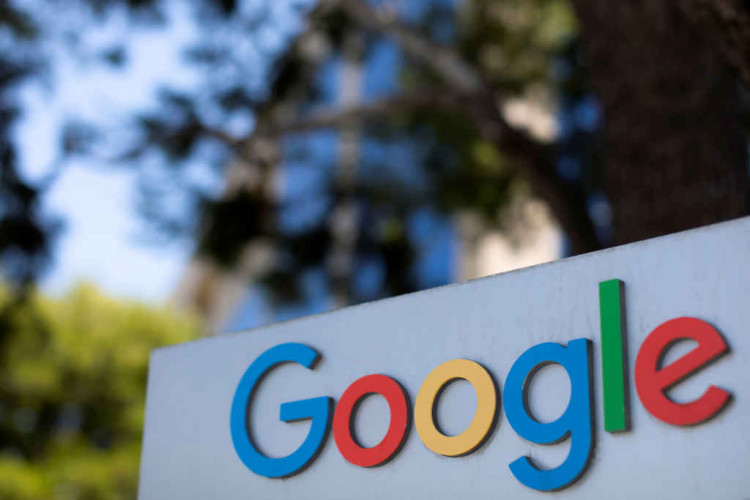Recent financial reports from tech giants Microsoft, Google, and Meta have stirred discussion, with Microsoft, despite its early start, appearing the most lackluster of the three.
The disparity arises from the differing business models of these companies. Both Google and Meta rely primarily on digital advertising for revenue, while Microsoft depends more on product sales and services.
With the resurgence of digital advertising, Google and Meta posted impressive quarterly performances. However, Microsoft's recent Office price increase strategy has not yet reflected in its financial reports, making its performance for this quarter seem rather unfavorable.
From a business perspective, short-term changes in digital advertising are generally influenced by monthly product activity and competitors' strategies.
Meta
Meta's latest financial report shows a significant increase in monthly active users (MAU), and the loss of users and advertisers due to Apple's privacy restrictions has largely abated.
In the second quarter, the Family of Apps (FoA) advertising revenue reached $31.5 billion, a 12% increase year-on-year. Facebook's daily active users surged to 2.06 billion, a 5% year-on-year increase, and its MAUs also increased by 3%. The DAU/MAU ratio stood at 68%.
Meta's recently launched Threads app garnered significant traction, amassing a staggering 100 million user registrations in less than a week of its launch.
Artificially intelligent recommended content is now the fastest-growing category in Facebook's Feed, driving a 7% increase in overall user time since its introduction.
Furthermore, WhatsApp Business App's 200 million users can now create Click-to-WhatsApp ads on Facebook and Instagram without requiring a Facebook account, marking a significant shift.
Maintaining user engagement is a future challenge for Meta. Given the user growth bottleneck and the competition for short video users, a decline in MAUs can easily deter advertisers. Threads, which peaked upon its launch, has already started seeing a decline in user activity, which may affect future ad revenue.
Alphabet
Google's advertising is back on track, and its cloud business is rapidly climbing. Google's advertising and cloud revenues account for 77.93% and 10.76% of Alphabet's total revenue, respectively.
Despite a slight decrease in its search engine market share (down 0.52 percentage points), Google still remains the market leader. Revenue from Google Search and other related businesses reached $42.628 billion, a roughly 4.8% year-on-year increase.
YouTube Shorts has seen explosive growth in its MAU, which has now surpassed 2 billion. Its ad revenue stands at $7.665 billion, a 4.4% year-on-year increase.
Not to be overlooked in boosting Alphabet's revenue is Google Cloud, which reported $8.031 billion in revenue for the second quarter, a roughly 28% year-on-year increase.
Microsoft
A detailed analysis of Microsoft's Q4 report has been published separately, so it won't be repeated here.
Big Three's Bet on AI: What Does It Imply?
Financial reports can only represent past company performance. Capital expenditure indicates the strategic direction that a company foresees for its future.
META
Capital expenditures amounted to $6.354 billion, down 18% year-on-year and 10% quarter-on-quarter. The company lowered its FY2023 capital expenditure forecast from the previous $30-33 billion to $27-30 billion.
The decrease primarily resulted from cost savings on non-AI servers and delays in equipment and project deliveries to FY2024. Capital expenditures for FY2024 are expected to increase.
Second-quarter capital expenditure was $6.888 billion, up 0.9% year-on-year and 9.5% quarter-on-quarter, below expectations. However, capital expenditure for the whole of 2023 is expected to surpass that of 2022.
Microsoft
Second-quarter capital expenditure was $10.7 billion, up 37% quarter-on-quarter, meeting expectations.
Future investments are expected to increase quarterly, with the annual growth rate of capital expenditure estimated at around 50%, reaching $45-50 billion.
As stated by Google CEO Ruth Porat, "New artificial intelligence technologies come with a cost."
At present, all three tech giants are investing heavily in AI infrastructure. However, Microsoft appears to be the most steadfast in its commitment. Meta's confidence in the future seems notably weaker compared to the other two.






